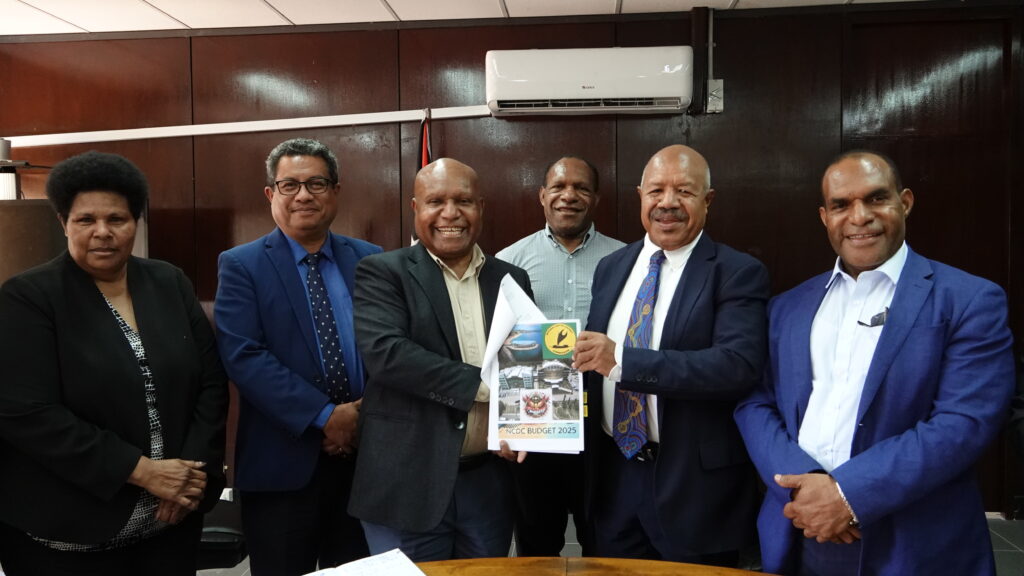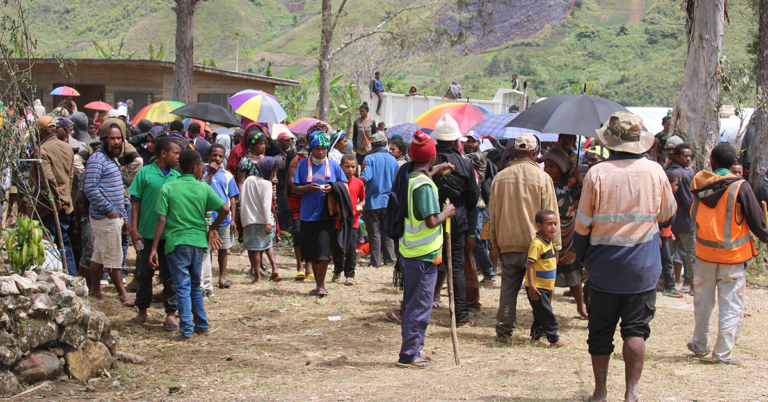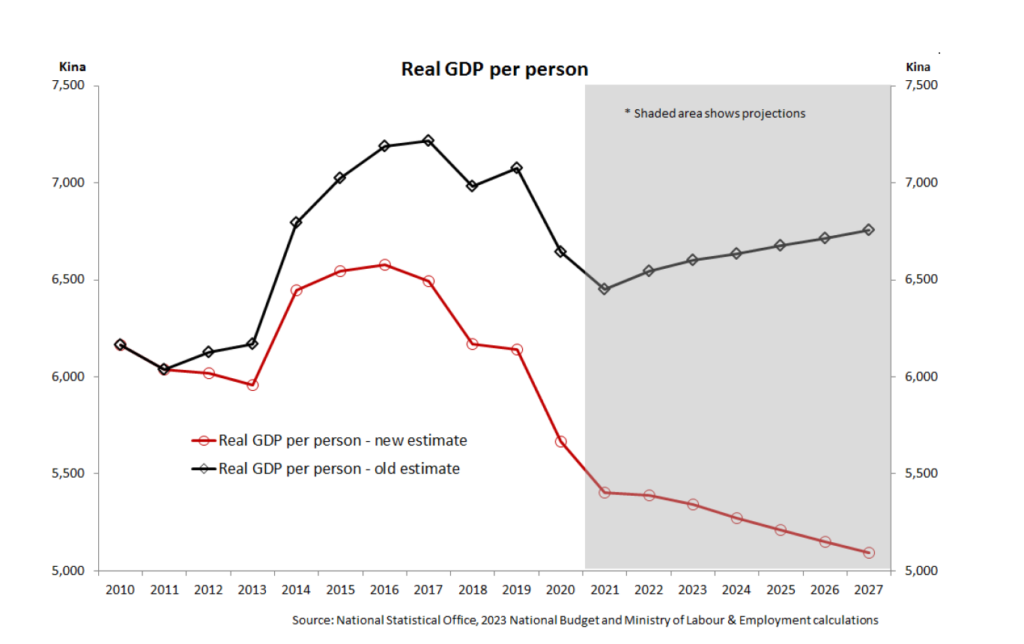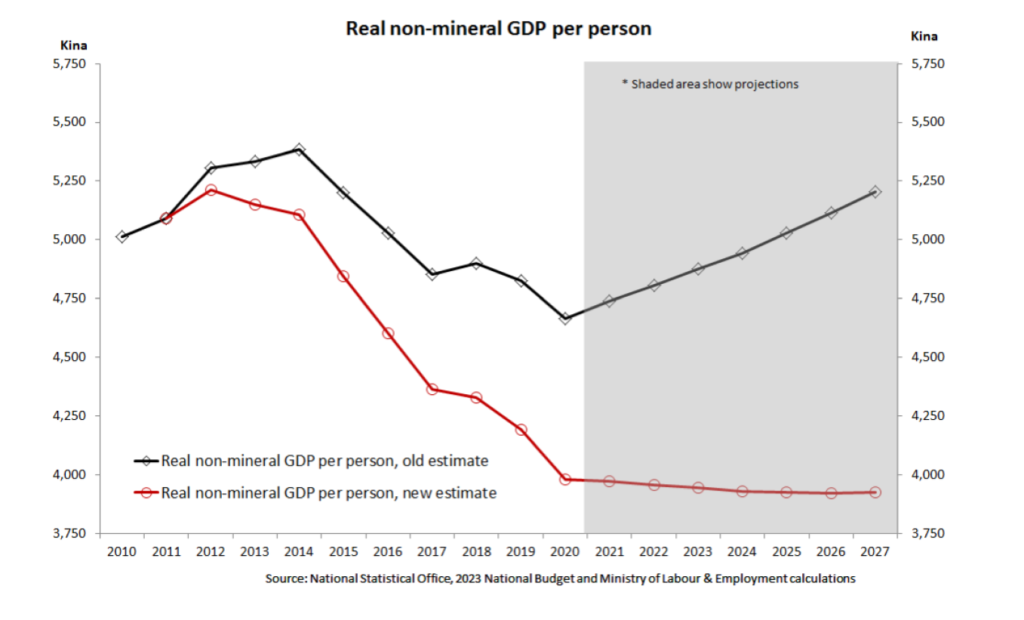As Port Moresby city booms with infrastructure developments and a growing population due to rural to urban migration, the city has a huge task of creating harmonious communities amidst different ethnic groups from all over Papua New Guinea.
A lot has changed over the years with two lane roads to four and more business investments from both foreign owned companies and locals.
Funding to ensure all these developments, services and investment thrive, the city depends heavily on the Goods and Services Tax.
With a Population of over 500 000 (2021 census), the need for a bigger budget was necessary to address not only infrastructure issues but security.
The culmination of the K800 million budget announced earlier this month proves the demand placed on the National Capital District Commission.
NCD Governor Powes Parkop overseeing all of this says the National Capital District Commission still needs a budget of K1 billion to manage and lift Port Moresby city.
Parkop said NCDC budget is about K800 million plus – which was not enough to manage a city with 30 per cent of the country’s populations.
“We need a budget of over K1.0 Billion to run and manage the size of Port Moresby, we are the biggest concentration of population in any parts of the country where influx of people migrating from other centers, we deserve a budget going into almost K1 billion,” he said.
Governor Parkop added that the budget was guided by goals and is aligned with few national policies such as the Medium Term Development Plan (MTDP) IV, Papua New Guinea Development Strategic Plan 2010-20230 and Vision 2050.
Summarizing the budget, Governor Parkop highlighted the budget’s goals main allocations are as follows;
• K304 million is allocated for infrastructure Rehabilitation and building of roads, markets and classrooms
• K67 Million allocated for health – K17 Million is allocated by NCDC while K50 Million is allocated by the Government
• From the K17 Million allocation -Upgrade Gerehu Hospital to level 4 -Upgrade of 9 Mile Clinic -Build a District Hospital at Moresby South -Build a new Tuberculosis Facility
• K50 million allocated by the Government to upgrade Tete Hospital to level 5
• K57 Million is allocated for clean-up, landscaping and beautification
• K5.0 million for Safety and Security costs include closed Circuit Television (CCTV) Cameras • K17.0 million City Warden Program
• K3.0 million for Police Security Operations (Support Vehicle)
• K1.0 million Reserve/Community Policing
• K25 Million is allocated to Motu Koita Assembly
• K18 Million is allocated for NCDC Waste Collection
• K7.0 million for Settlement to Suburb upgrading program in the city
• K6.0 million allocation for the preparation of the country’s 50th Anniversary Celebrations.
Governor Parkop said NCDC is building more roads within the city that links up with main roads to avoid traffic congestion during peak hours.
He said that NCDC does not have powers over land matters, so it only builds new roads to free up land while increasing its monetary value.
Secretary Leo, who received the NCDC 2025 Budget on behalf of the Minister for Provincial and Local-level Government Affairs thanked the Governor for presenting their budget which frames at improving social services and infrastructure developments and assured that officers would run through the budget document.





